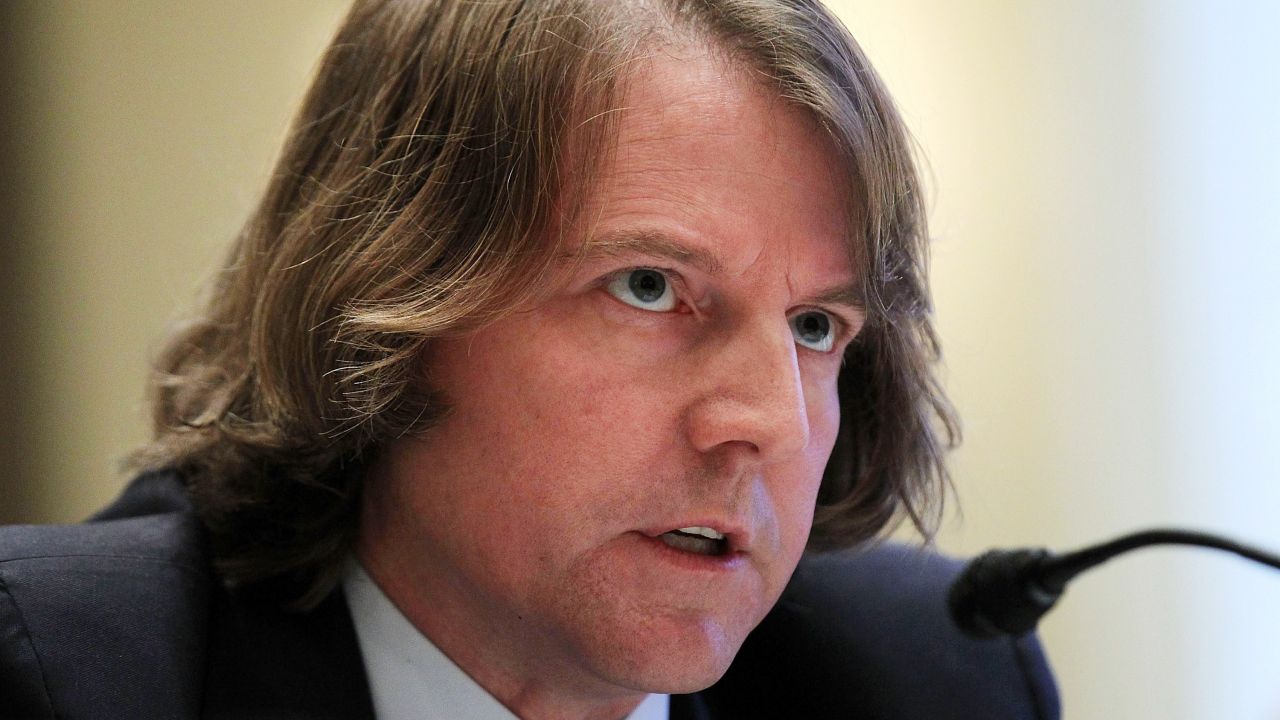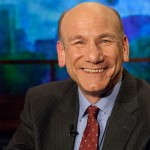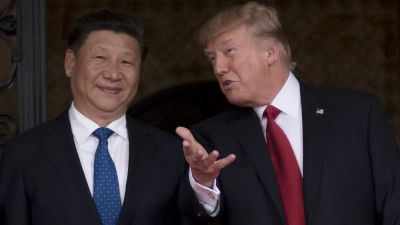
Donald McGahn II testifies during a hearing before the Elections Subcommittee of House Committee on House Administration, Nov. 3, 2011. (Photo by Alex Wong/Getty Images)
This post originally appeared at Jewish Journal.
When Hillary Clinton lost the Electoral College, most post-mortems faulted Democrats for failing to empathize with the anger and abandonment that non-coastal Americans were feeling. But last week, when Donald Trump sucked up to the (previously dishonest, subsequently gem-like) New York Times, flip-flopping six times in an hour-long interview, I wondered whether his backtracking might be causing some of his supporters to feel abandoned by him. If they are, I empathize with their incipient buyer’s remorse. I imagine it must feel a bit like Bernie Madoff’s investors realizing they’ve been conned.
During the campaign, Trump said that he alone understood the plight of the everyday people hurting in this economy. But he didn’t pretend to be one of them. He didn’t hide the fact that he’s a billionaire living in a Manhattan tower and a Palm Beach palace in gold-leaf-and-marble opulence suitable for a shah. Instead, he depicted his wealth an asset: Only a royal could bring down the monarchy. He offered his gilded grandeur as proof that his attack on the corrupt political system sprang directly from inside knowledge. Only a recovering, self-funded plutocrat who had once greased the palms of pols could drive the whores from the temple of democracy.
Campaign finance reform was the one place Trump connected with me. It was the same spot Bernie Sanders connected with me, though Sanders lacked a sinner’s conversion story. Getting big money out of politics is a prerequisite for fixing almost everything else in our dysfunctional system: That’s my song, and in the primaries, Trump and Sanders sang it the loudest.
I wonder how many Trump voters who were attracted by his drain-the-swamp rhetoric noticed whom he hired last week for White House counsel. Trump could not have announced a more in-your-face betrayal of his promise to clean up Washington than his pick of Donald McGahn. McGahn is anti-matter to Sanders’ matter. He’s like kryptonite to campaign finance reform. He’ll also be the chief ethics lawyer charged with telling Trump when there’s a conflict of interest, or the appearance of one, between carrying out his oath of office and jacking up his family’s wealth. When might that be? Don’t hold your breath.
McGahn’s background includes serving as counsel and ethics advisor to former Rep. Tom Delay (R-TX), who was indicted for conspiring to launder corporate cash into campaign contributions for Delay’s PAC. In 2008, Senate Republican Leader Mitch McConnell, a veteran denigrator of campaign finance reform, urged George W. Bush to appoint McGahn as chair of the Federal Election Commission. With the possible exception of the Supreme Court, no public body has been more responsible for keeping our campaign finance system a cesspool than the FEC under McGahn’s leadership.
It was McGahn’s FEC that ensured that the Court’s rulings for Citizens United and against the McCain-Feingold reforms would gut the regulation of money in politics, thereby paving the way for super PACs and for bogus “social welfare” nonprofits like Karl Rove’s Crossroads GPS. When a Washington lawyer called McGahn “one of the most consequential commissioners the FEC’s ever had,” Democratic FEC Commissioner Ellen Weintraub commented, “He was consequential like a sledgehammer was consequential. He did his best to undermine the law.” Since his tenure at the FEC, according to Forbes, McGahn worked for the Koch Brothers’ “Freedom Partners Chambers of Commerce,” which “has given grants worth a total of $236 million to right-wing political groups like the tea party.” Excellent training for joining the Trump campaign as its attorney.
A deeper denizen of the Beltway is hard to imagine. Yet this is the Solomon whose portfolio includes telling Trump when he and his family blur the line between the financial interest of the Trump Organization and the national interest of the United States. If you read the jaw-dropping 7,000-word lead story in the Nov. 27 New York Times — “World of Potential Conflict for a Developer President: Many Trump Partners Have Ties to Foreign Governments as Work Spans the Globe” — you know how thick Trump’s business ties are to the governments of the Philippines, Brazil, India, Turkey, Ireland and Scotland, to name a few. If a US foreign policy decision appears to favor a Trump commercial project, it’s McGhan’s job to blow the whistle on the president. If you think that’s going to happen, I’ve got a golf course with a nice view of a wind farm that I’d like to sell you.
Eight out of 10 Americans say that “the influence of money in politics is worse than at any other point in their lifetime, and 70 percent believe our democracy is at risk if we do not take immediate steps to fix the problem.” Donald Trump tells us he’ll fix that problem. He also tells us he only hires the best people. Donald McGahn is the best person he could hire to keep the money in politics that puts our democracy at risk.




